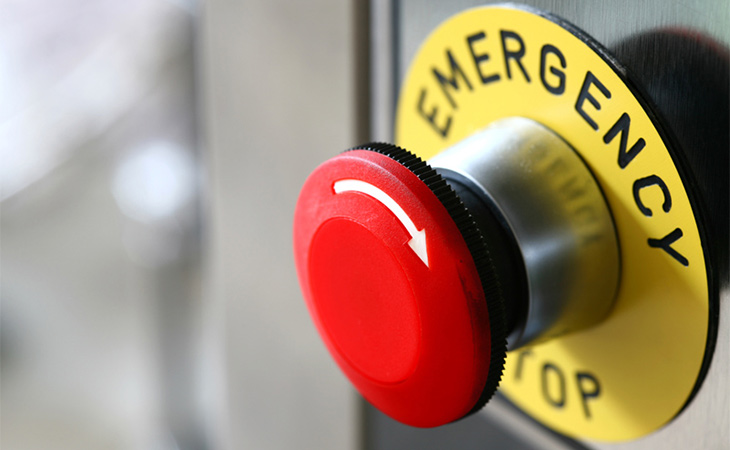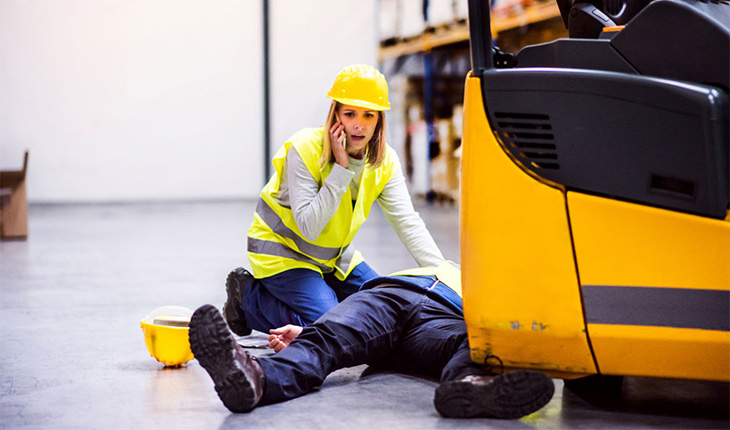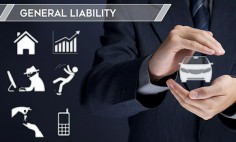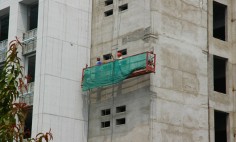Accidents at work happen frequently, but largely without serious consequences. Ensuring you following proper procedures is vital. However, thereafter, it can be difficult knowing what to do for the best. We offer you advice on what to do if you have an accident at work.
Follow procedures

All companies should have policies linked to accidents at work. At the very least, you must complete an accident form detailing exactly what happened. You may need to involve another member of the staff, so be sure to ask that they will confirm the happenings. Be sure to report to the health and safety officer at least, but we would recommend you also inform your line manager.
Medical check
Even if you are feeling ok, it is best to get a professional to check you over. Sometimes, adrenaline can draw your attention away from any injuries or they may not be obvious straight away. Being medically examined means that you could prevent yourself from becoming worse. Injuries could prevent you from fulfilling your duties at work or, at worst, could be life threatening.
Speak to your insurance company
Hopefully, you have health insurance to cover the cost of any treatment or medication you may require. Getting in touch with your insurance company as early as possible is recommended. They will advise you on exactly what your policy covers and the steps you need to take to claim.
Seek legal advice
If the accident was not your fault and you have evidence to prove you were not negligent, it is best to seek advice from a legal professional. Someone like this Kansas City injury lawyer will be able to advise you as to the best course of action depending on your precise situation. Often, law firms such as these will offer a free consultation to begin with. It is unusual for them to take on cases they feel unable to win.
Talk to someone

Injuring yourself can be a traumatic experience. Reliving the events repeatedly, sometimes through flashbacks at unexpected moments, can be detrimental to you recovering fully. Chatting to a friend or family member can be helpful. Just telling them what exactly happened and sharing the burden can lighten the load. However, if this is not enough, do not be afraid to seek help from a professional. Post-traumatic stress disorder (PTSD) is largely associated with veterans, but can affect anyone. A few sessions from a mental health care worker could work wonders and help you to feel like your old self again.
Discuss your return to work
Whether you have suffered a minor or major trauma, getting in touch with someone from work is important. Even if you’ve only needed a couple of days off, it can feel daunting considering your return. For those who’ve needed longer, things may need to be put in place to accommodate your safe return. For example, your desk or chair may no longer be suitable. A health and safety officer may need to carry out a risk assessment to ensure everything is ready for you to come back. In no time, you’ll be looking forward to going to work!















